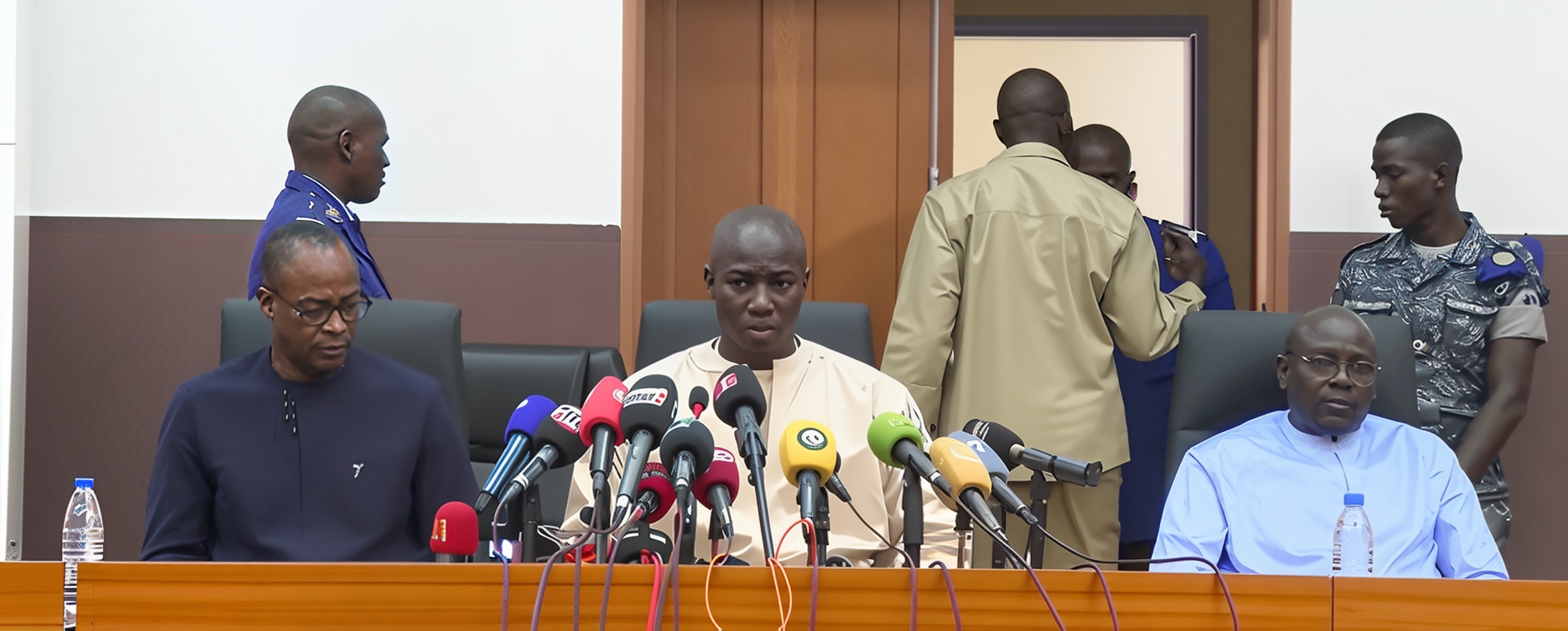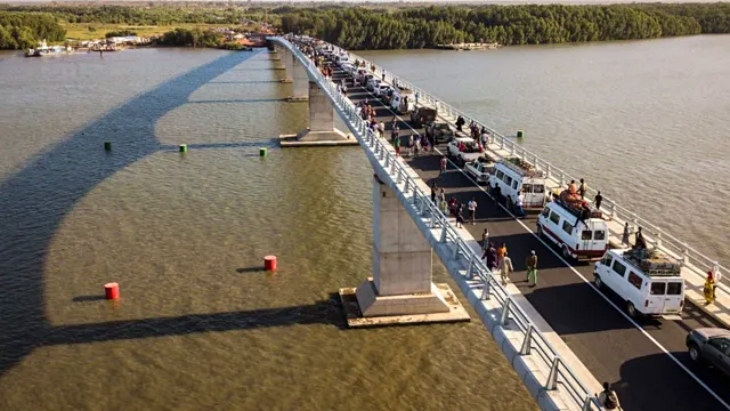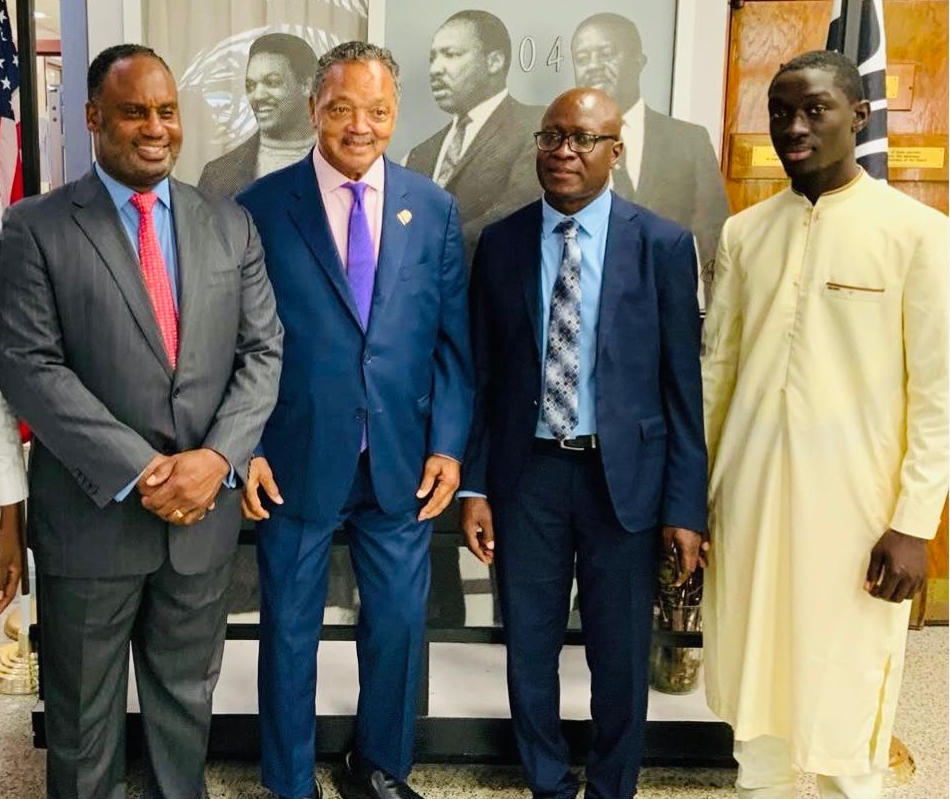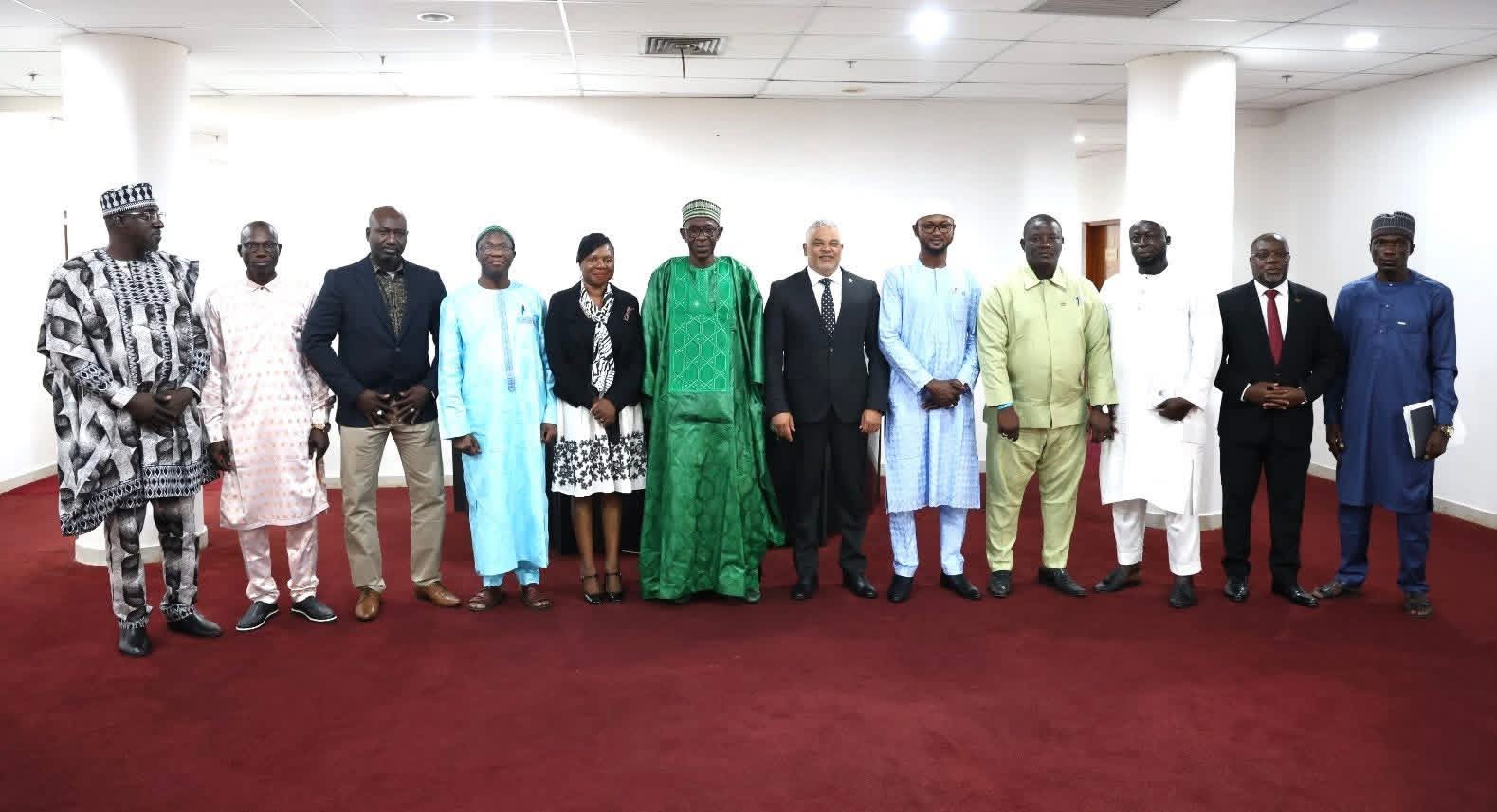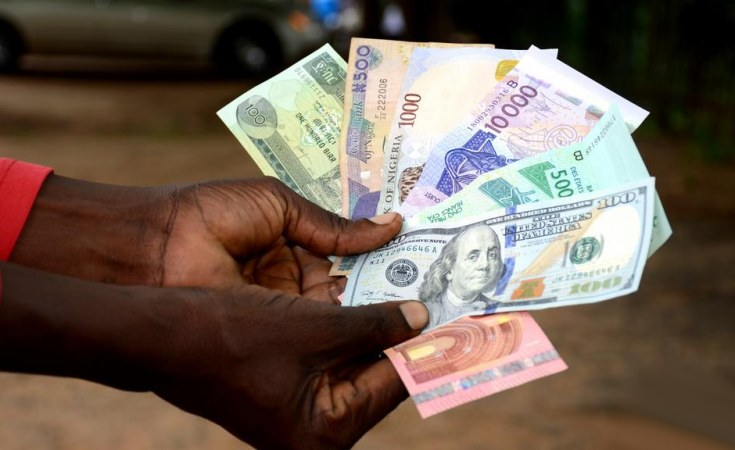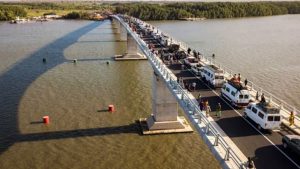Gambiaj.com – (BUJA, Nigeria) – The Economic Community of West African States (ECOWAS) has underscored the need for accelerated economic reforms and infrastructure development to lay the foundation for the successful launch of the ECO single currency. This was a central focus at the just-concluded summit in Abuja, where leaders also highlighted the region’s modest economic progress and pressing challenges.
Economic Progress and Reform Imperatives, ECO Financing and Deadlines
ECOWAS projected a regional economic growth rate of 3.8% in 2024, up from 3.6% in 2023. While the bloc acknowledged improvements such as reduced budget and current account deficits and strengthened external reserves, it expressed concerns over persistent inflation and mounting public debt. These issues, it stressed, must be addressed to achieve the stable economic conditions necessary for regional convergence and the ECO’s rollout.
The Authority called on Member States to accelerate reforms across economic, political, and strategic sectors. It emphasized the need for economic diversification by expanding revenue sources and broadening sectoral and market engagement. This, it noted, would ensure more robust economic foundations capable of sustaining the ECO.
Regarding the single currency rollout, ECOWAS endorsed the High-Level Committee’s proposals on financing reforms and institutions essential for the ECO. Central Banks and Member States were urged to expedite financial contributions to operationalize these institutions. Additionally, the ECOWAS Commission and the West African Monetary Agency (WAMA) were tasked with incorporating selection criteria for ECO candidate states into the Protocol establishing the ECOWAS Monetary Union Agreement.
“The Authority urges all stakeholders to ensure that deadlines for the establishment and operationalization of institutions needed for the ECO are strictly adhered to,” read the communiqué.
Advancing Regional Integration and Infrastructure
Complementing its call for reforms, ECOWAS praised progress in regional initiatives aimed at fostering integration and development. It highlighted the success of the ECOWAS Agricultural Policy in promoting food security and nutrition and urged swift implementation of the Regional Strategy for Livestock Farming, the Regional Rice Self-Sufficiency Initiative, and the Comprehensive African Agriculture Development Programme (CAADP) Action Plan.
Infrastructure development was also spotlighted, with the Authority commending advancements in the technical engineering designs and preparations for the Abidjan-Lagos Corridor Highway and the Praia-Dakar Shipping and Maritime Link. Leaders called for resource mobilization drives, including partnerships with the African Development Bank, to secure financing for these transformative projects.
Addressing Air Transport and Trade Integration
The Authority adopted a Supplementary Act aimed at reducing air transport costs in the ECOWAS region to enhance economic integration. The Act includes measures such as a 25% reduction in passenger and security charges and the removal of taxes, aligning with International Civil Aviation Organization (ICAO) principles. It also approved regulations for aviation security and passenger compensation for denied boarding.
Further, ECOWAS leaders welcomed the ratification of the African Continental Free Trade Agreement (AfCFTA) by 14 Member States and urged accelerated implementation to unlock the region’s trade potential.
A Path to Economic Unity
The ECO is envisioned as a cornerstone of West Africa’s economic integration, aimed at simplifying trade, improving monetary policy coordination, and bolstering the region’s global economic influence. However, persistent structural challenges—such as inflation, debt, and uneven economic performance—remain significant hurdles.
By urging economic reforms, trade facilitation, and infrastructure development, ECOWAS leaders have signaled a comprehensive approach to overcoming these barriers. As Member States mobilize resources and meet financial obligations, the timeline for the ECO’s launch hinges on collective action.
With the Authority also endorsing the African Atlantic Gas Pipeline Project and addressing barriers to the free movement of goods and people, observers note that ECOWAS is aligning its broader economic integration agenda with the urgent demands of launching a unified currency.
The coming months will be pivotal in determining whether the bloc can meet its ambitious goals for a unified and competitive regional economy.



